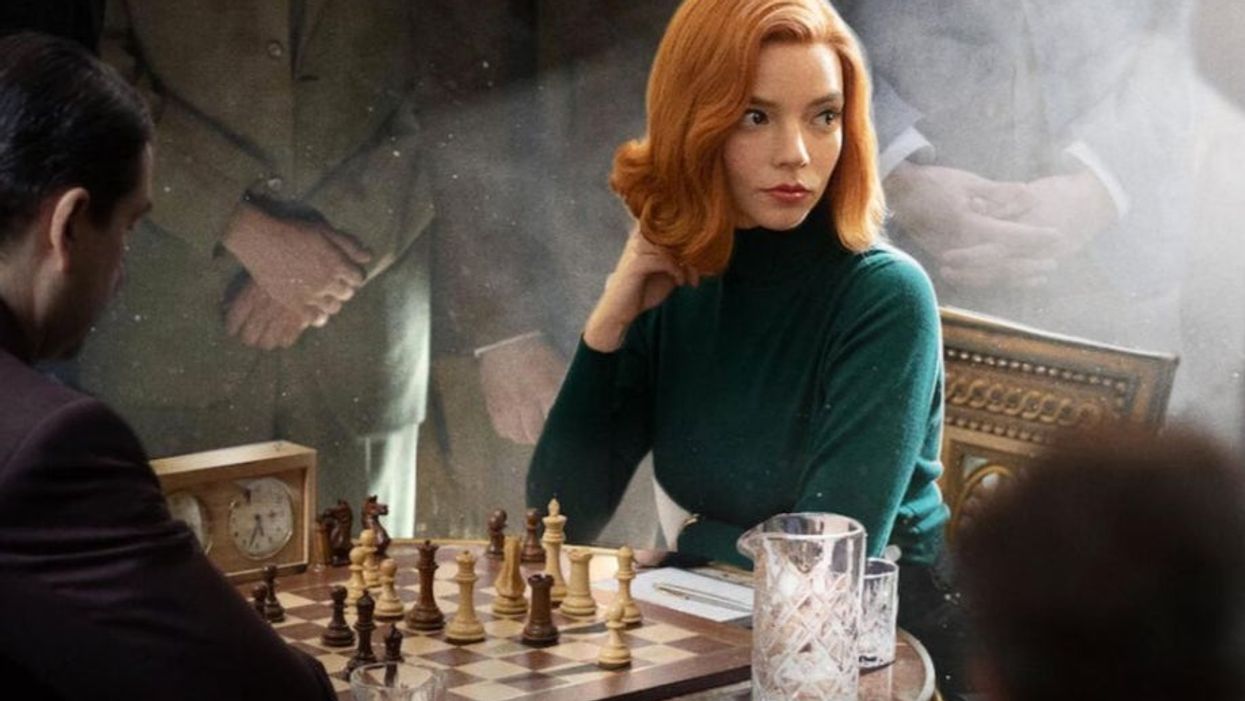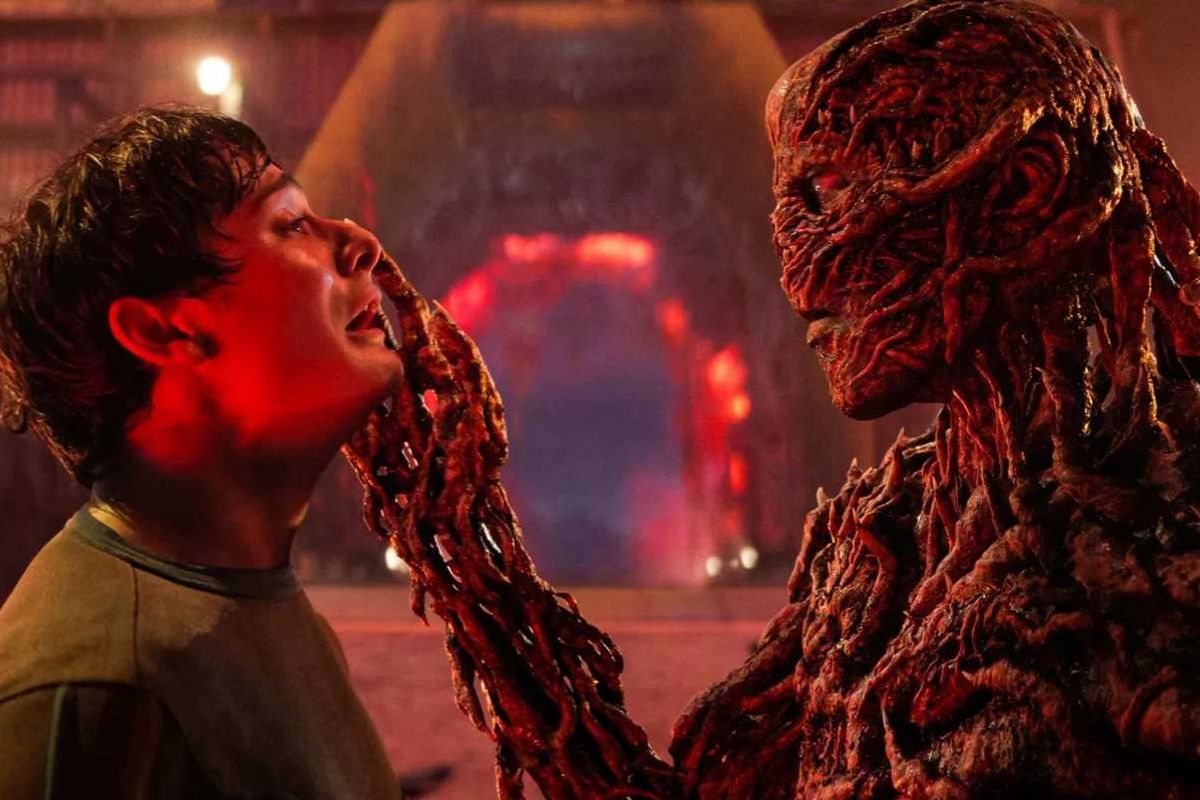Celebrities
Sirena Bergman
Dec 26, 2020

Netflix
The Queen’s Gambit has been one of the biggest TV hits of 2020.
The show, which is based on a 1983 novel of the same name by Walter Tevis, chronicles the story of Beth Harmon, a chess prodigy who fights to become the greatest chess player in the world while struggling with substance abuse.
Set in the 1950s and 1960s, it depicts various instances of sexism as a woman tries to navigate a male-dominated space during a less enlightened time.
Watching the show, many may think the instances gender discrimination arre a thing of the past, but women chess players are speaking out to let viewers know that it’s not all that much better now.
In an interview with Insider, chess influencer Alexandra Botez, who competed in chess championships from the age of eight and now livestreams on Twitch, said that:
“If the show had been historically accurate, Beth wouldn't have even been able to compete in any world championship events.”
To highlight this, she shares the story of the first woman grandmaster Susan Polgar, who according to her biography qualified for the Chess World Championship in 1986 but was allegedly denied the chance to compete because she was a woman.
In an interview with the St. Louis Post-Dispatch, Polgar recalled her experience in the 1970s and 1980s, saying: “I had to face sexual harassment, physical intimidation, and, regularly, verbal and mental abuse.”
Botez also calls out the depiction of the character’s male friends, who support her in her ambitions, saying this is unrealistic: "The way that they were super supportive of her when she won is inaccurate. If you read the real stories from females playing back then, people wouldn't even shake their hands or look at them."
She said that even as she was growing up, she experienced sexism in the chess community, with people frequently assuming the men would beat her just because of her gender.
This is reiterated by Mangus Carlsen, the world’s top chess player, who has spoken out about sexism in the past, saying: "In general, chess societies have not been very kind to women and girls over the years." He added that there needs to be a “change of culture” to address this.
During the pandemic, and perhaps inspired by The Queen’s Gambit, people have been turning to online chess platforms for socially distanced entertainment. Online chess sites have seen record breaking sign-ups in recent months.
We can only hope that the high profile representation of a woman chess player – albeit a fictional one – manages to kickstart the cultural change necessary to limit gender discrimination in the community.
But it seems that for now, fiction is gentler than reality when it comes to exposing the sexism experienced by women chess players.
MORE: "The Queen's Gambit" is an incredible show, but we need to talk about that menstruation scene
Top 100
The Conversation (0)













